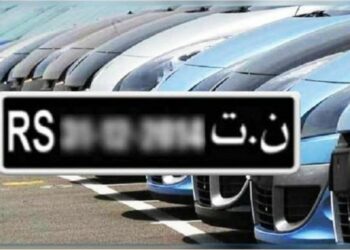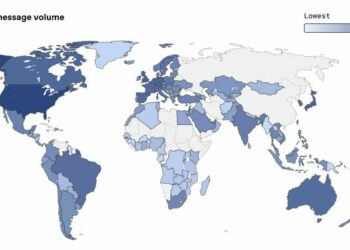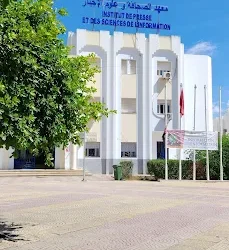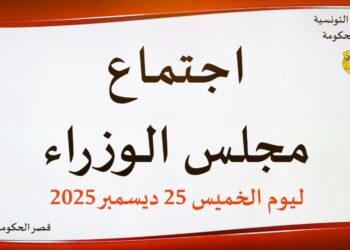
During an official visit to Russia in 2009, then-Secretary of State Hillary Clinton pressured the Russians to sign a “multibillion-dollar” deal to buy Boeing airplanes for a new state-owned airline they were setting up.
When a report published by the Washington Post in 2014 brought to light her involvement in the deal, Clinton was severely criticized. She had no business in playing the salesperson for a private business while on a trip paid for by tax-payers, said her detractors.
But Clinton was unfazed. Her advocacy for Boeing’s jet deal was “the job that every Secretary of State is supposed to do and what the American people expect of them — especially during difficult economic times”, she replied, according to the Post. She “proudly and loudly advocated on behalf of American business and took every opportunity to promote U.S. commercial interests abroad.”
These words were the first to come to mind as I watched President Kais Saied’s interview with France 24 during his visit to Paris earlier this week. For I was shocked. Dumbfounded. Asked about whether Tunisia has a business-favorable environment, Saied’s response was, for the lack of a better word, out of this world. “Why are investors reluctant to invest in our country even though we work hard to attract them?” he asked back. “We need money, but we need to instill social justice and to eradicate corruption,” he added.
Let that sink in for a moment. The head of state, addressing viewers in the country’s largest economic partner, is telling them not to invest in his own country because of the corruption. Have you ever seen anything like that? I sure didn’t. A 5-second quip was all that Saied needed to jeopardize the efforts of thousands of employees across multiple state agencies — spending millions on dinars each year — to convince investors to invest in our country.
This is disgraceful. This is not how a president should behave.
Am I in denial with the realities of the sheer level of corruption defacing our beloved nation? No, absolutely not. Corruption is far from being a taboo; ministers, representatives and international reports all point it out on a daily basis. Saied himself never missed an opportunity to bring it up and to remind us how hard it works so viciously to fight it. But explicitly telling investors to forgo Tunisia should not be compared to any of that.
Now imagine, in a meeting, an investor saying “your president said your country is corrupt and that I shouldn’t probably invest in it. Why should I believe it when you tell me otherwise ?” How can anyone answer that?
For a nation stuck between a rock and a hard place — trying to survive its biggest economic crisis in decades with a dried up budget — we cannot afford this.
Sure, the government showcased its laughable incompetence on so many occasions, too. Hichem Mechichi even had its own blunder moment on the very same channel, likening migrants to terrorists. But what Saied did goes beyond a simple slip up. It threatens to undermine the nation’s already long and hard struggle to get out of this hot mess of a situation. We don’t need this, especially not now.
So why did he do it ? Is the President so determined to sap the government — because of a political feud — that he’s willing to sacrifice the whole country for it? Is he so eager to throw under the bus the very people he pretends to defend — just to score political victory points?
I know. Hanton’s razor tells me to never attribute to malice that which can be adequately explained by stupidity. However, I think this is no longer relevant. Due to stupidity or to malice, it is clear that the president has become a liability. And a very dangerous one at that.
The head of state’s actions and words are now actively harming the people he is supposed to protect, and the nation he was chosen to defend. By stupidity or by malice, the president’s Don Quixotian rally against corruption ended up itself corrupting the country’s chance to rebound.
For that, I believe that Saied needs to up his game and refrain from harming the country’s interests before it’s too late. Otherwise, we don’t need him anymore.











